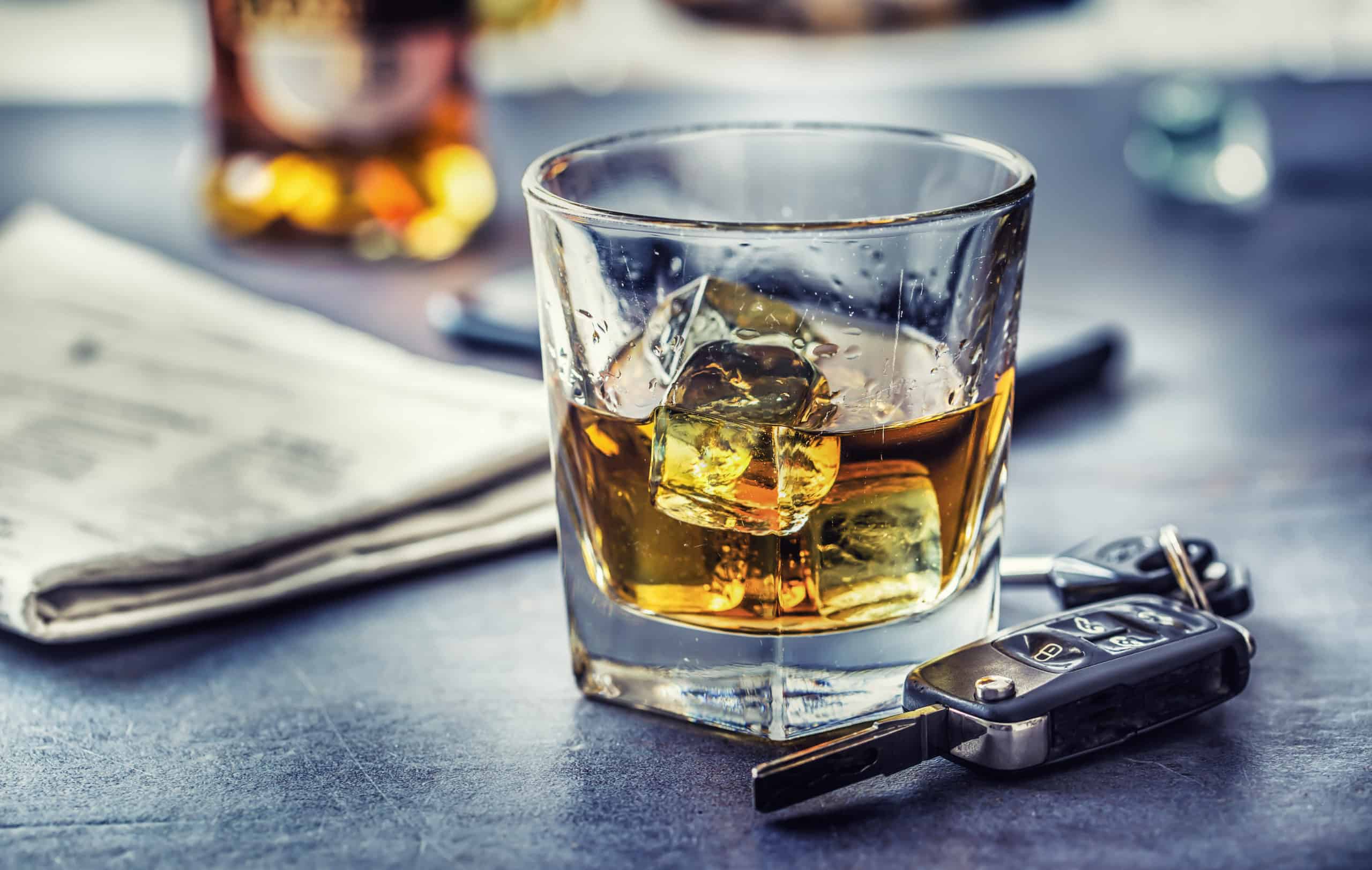
In Garland, an underage DWI conviction can destroy a young person’s future.
In addition to significant fines, underage drunk driving charges mean a long driver’s license suspension, and even jail time. What is worse, however, is the permanent criminal record that can make it difficult — or impossible — to get into college, get a job, or even rent an apartment. An underage DWI lawyer in Garland can help to protect your future (or that of your child).
Contact the Law Offices of Randall B. Isenberg today at 214-696-9253 for help.
Why Do You Need an Underage DWI Lawyer?
Fighting underage DWI charges is the most effective way to avoid the harsh penalties that accompany a drunk driving conviction.
Your attorney can investigate the details of your arrest and the evidence against you to identify potential weaknesses in the prosecution’s case. Using this information, your lawyer can negotiate with the prosecutor for a reduction in charges or, potentially, a full dismissal of the charges.
Having a lawyer who understands the complex Texas underage DWI laws sends a strong message to the prosecutor: that you are serious about fighting the charges against you. Young people often fear the consequences of a trial and enter a guilty plea at the prosecutor’s urging — often on the promise of not going to jail.
What the prosecutor does not emphasize, however, is the long-term impact of having an underage DWI on your permanent record. You may not want family members, friends, or community members to know about your arrest. However, when you cannot get into college or get a job, the truth will come out.
Fighting these charges now is the best — and often the only — way to protect your future.
What Are the Penalties for Texas Underage DWI?
The penalties for any Texas DWI conviction are harsh, and that includes underage DWI.
The Texas statutes establish drunk driving penalties depending on your prior criminal record and your blood alcohol concentration (BAC) at the time of your arrest.
The specific under-21 drunk driving penalties are as follows.
Underage DWI: First Offense
Class B Misdemeanor, a potential jail sentence of 3 days to 6 months, fines up to $2,000, and driver’s license suspension of 90 days to 1 year.
Underage DWI: Second Offense
Class A Misdemeanor, up to 1 year in jail, fines up to $4,000, and driver’s license suspension of up to 2 years.
Underage DWI: Third and Subsequent Offenses
Felony charge, up to 10 years in prison, fines up to $10,000, and driver’s license suspension of up to 2 years.
Underage DWI Penalties: Additional and Enhanced
The prosecutor may add enhanced charges — including felony charges — to any under-21 DWI offense if the driver’s BAC exceeded 0.149, if the police found an open container of alcohol in the vehicle, or if a passenger under 15 was present in the vehicle.
If the drunk driving offense led to an accident involving injuries or death, the prosecutor can pursue felony charges that carry extensive prison time. Likewise, providing a minor with alcohol can also put a young driver behind bars for years.
Underage DWI convictions may also require participation in substance abuse counseling, rehab, or attendance of alcohol education courses. The driver may face lengthy probation, community service, and have to install a costly ignition interlock system on their vehicle.
Finally, an underage DWI conviction becomes a permanent part of your criminal record. This means your conviction may show up every time you apply for college, apply for a job, or apply to rent an apartment.
What Is Underage DUI and How Does It Differ from Underage DWI?
Texas law defines a separate set of penalties for driving while intoxicated (DWI) and driving under the influence (DUI). DUI charges apply to underage drivers only, whereas both under 21 and legal adult drivers may qualify for DWI charges.
For underage drivers — those who are not legally permitted to consume alcohol at all in Texas — the Texas Alcoholic Beverage Code (TABC) establishes a zero-tolerance standard. An underage DUI charge requires only that the driver have any measurable level of alcohol in their body.
However, to qualify for criminal DWI charges, drivers — no matter their age — must have a blood alcohol concentration (BAC) of 0.08 or above, according to Chapter 49 of the Texas Penal Code.
So, if an underage driver has a BAC of 0.08 or above, he will face DWI charges, just as an adult would.
This statute applies to intoxication via alcohol, drugs, or a combination of the two. You do not have to fail a BAC test for the state to charge you with under 21 DWI. The arresting officer need only deem that you do not have control of your mental or physical faculties.
How Will My Underage DWI Lawyer Fight the Charges?
The way we approach your case will depend, of course, on the specific events of your arrest. However, in most drunk driving cases, you have three alternatives to entering a guilty plea:
- Reduced charges: We may successfully negotiate with the prosecutor to reduce the charges against you.
- Dismissed charges: In some cases, such as if the prosecutor does not have enough evidence, we can convince the state to drop the charges
- Going to trial: If we cannot successfully get your charges reduced or dropped, we may have to go to court. If so, we can build a strong case in your defense to establish reasonable doubt
During this potentially overwhelming and confusing process, we can protect your legal rights and keep you advised of your options, helping to ensure the best possible outcome for your case.

How Does Underage DWI Affect ALR in Garland?
Thus far, we have explored the potential impacts of a criminal conviction for underage DWI. However, we have not yet discussed another very important consequence of a DWI arrest: losing your license. The fate of your driver’s license depends on the result of the Administrative License Revocation (ALR) process.
The Texas Department of Public Safety (TxDPS) conducts this civil proceeding, to determine whether — and for how long — it will suspend your license. Even if the prosecutor drops the criminal charges against you, TxDPS can still revoke your license.
You must request a formal hearing, otherwise TxDPS will automatically revoke your license. Having your attorney present to represent you will help protect your legal rights, as you and the arresting officer must both testify under oath, which can lead you to saying something that can jeopardize your entire case.

Call the Law Offices of Randall B. Isenberg Today
An underage DWI conviction can significantly impact your future. Do not leave your fate to chance.
Attorney Randall Isenberg of the Law Offices of Randall B. Isenberg has more than 30 years’ experience representing individuals facing drunk driving charges in Texas, including time working as a felony prosecutor and judge. His depth of knowledge and experience is exactly what you need to ensure the best possible outcome in your case.
Contact us today to schedule a free consultation and case review: 214-696-9253.










